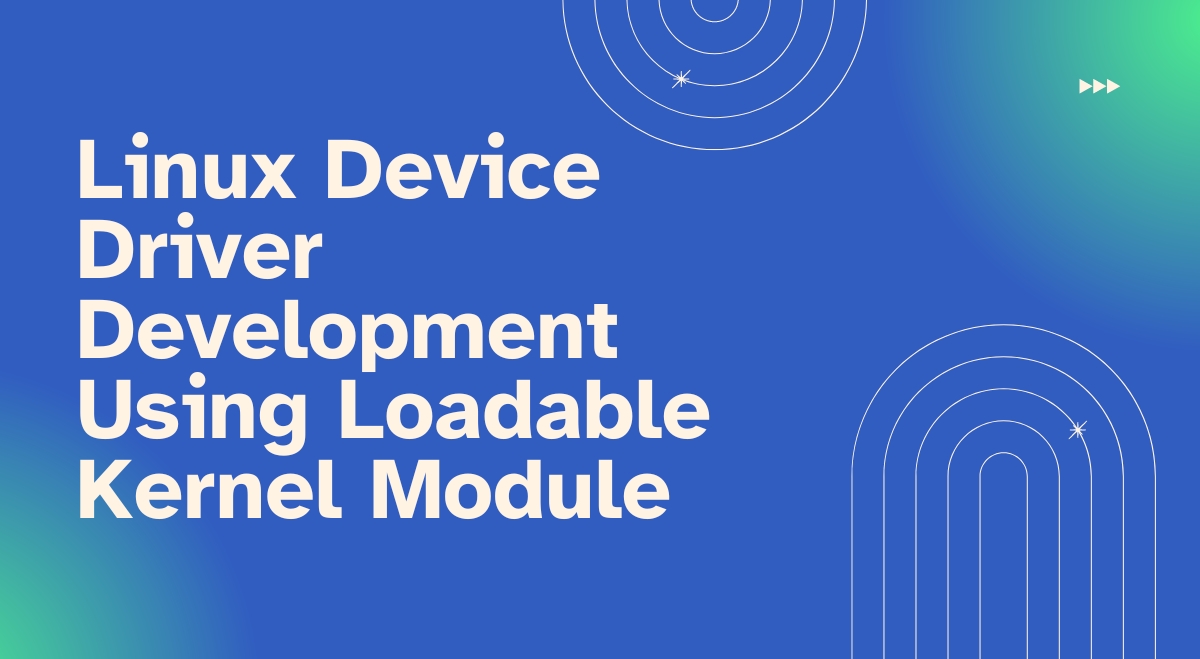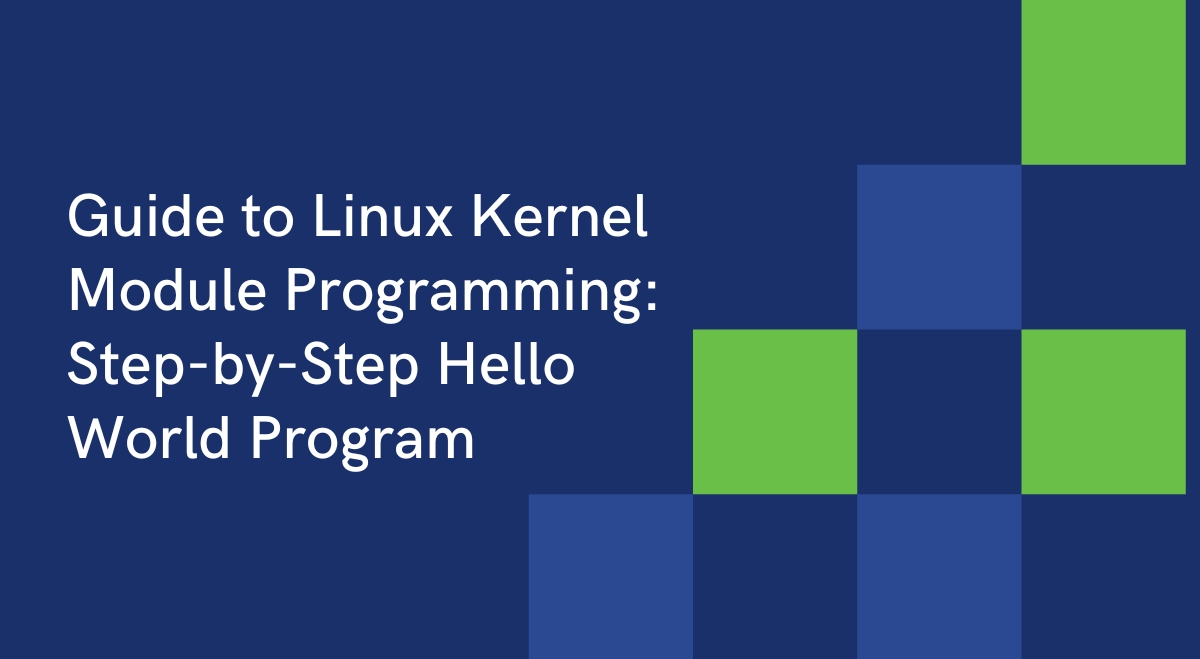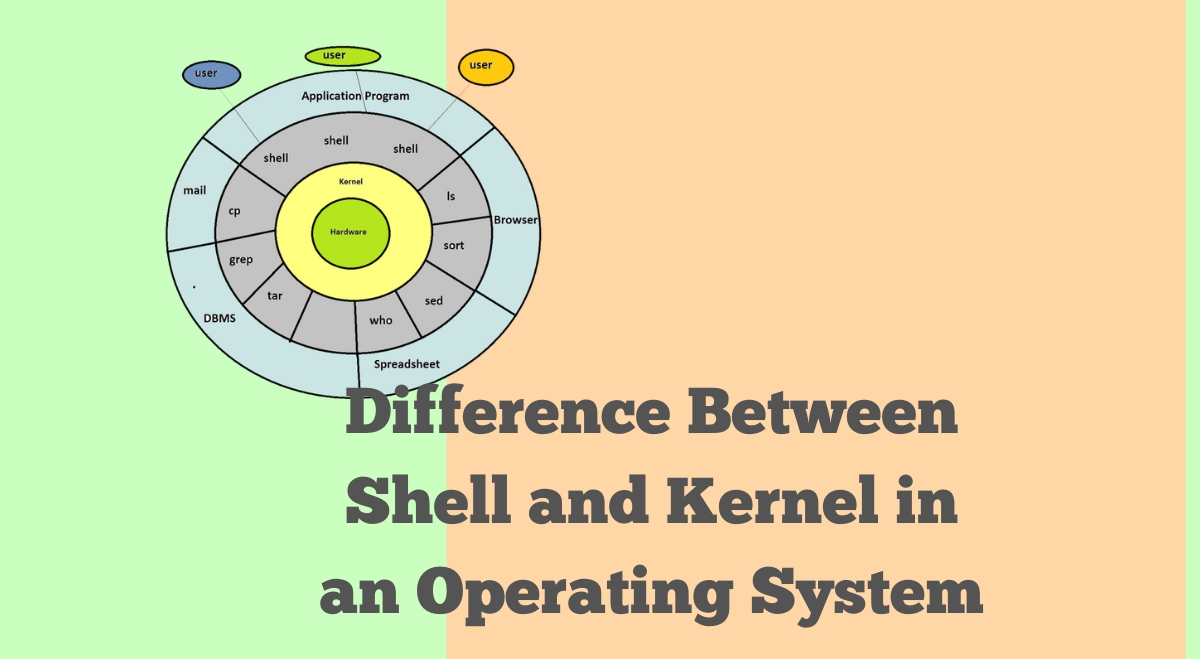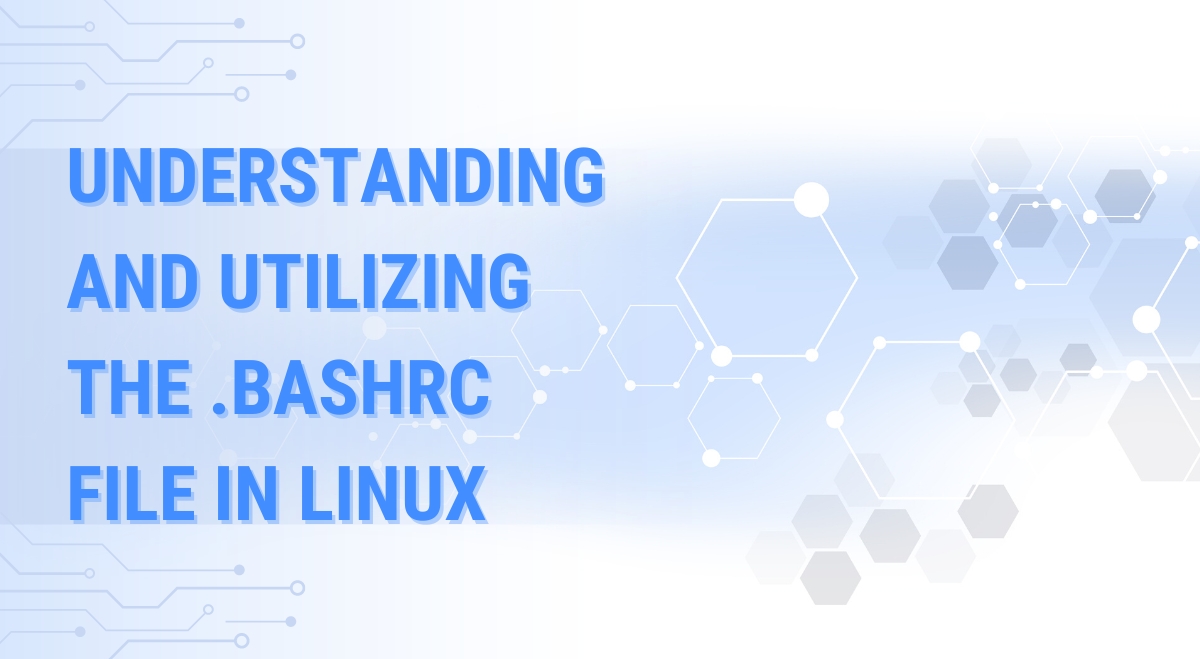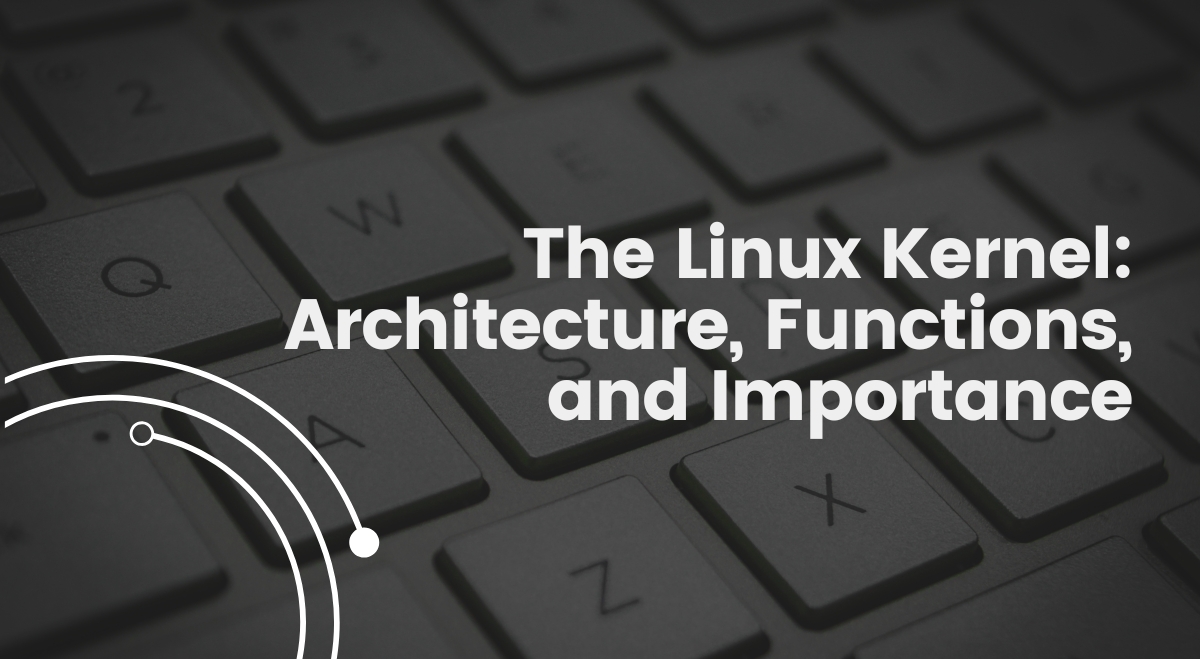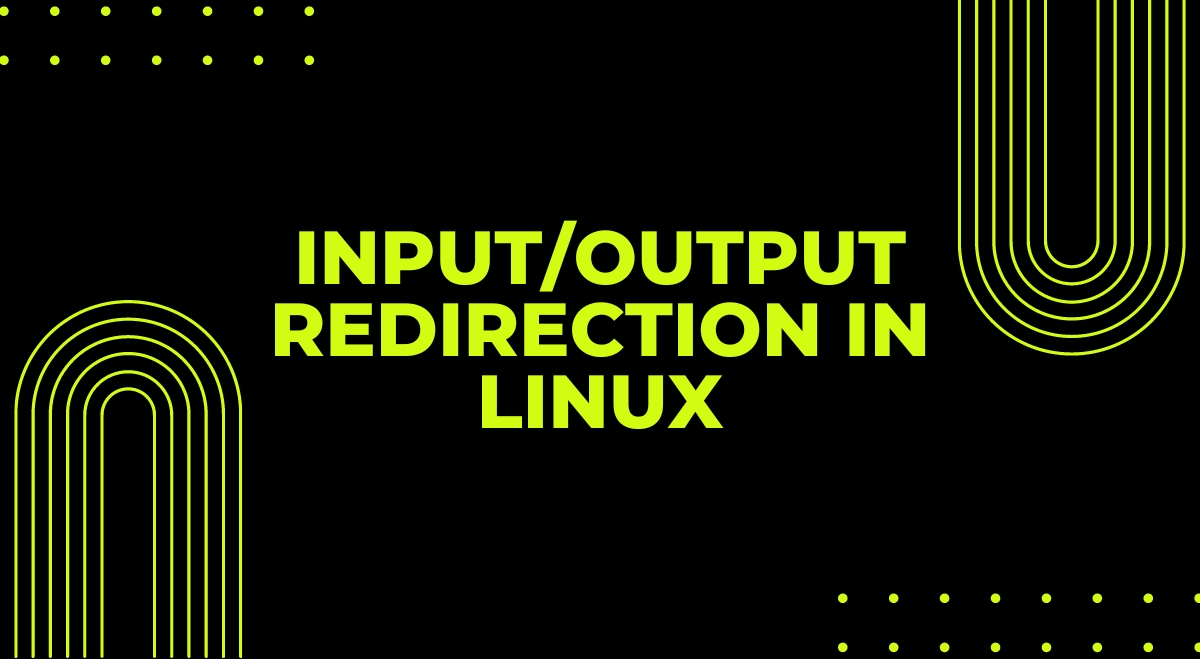Linux device drivers are essential software components that enable the operating system to interact with hardware devices. They act as a bridge between the kernel and hardware, allowing the system to utilize various peripherals and components. In this guide, we’ll explore the basics of developing Linux device drivers using loadable kernel modules (LKMs). What are […]
